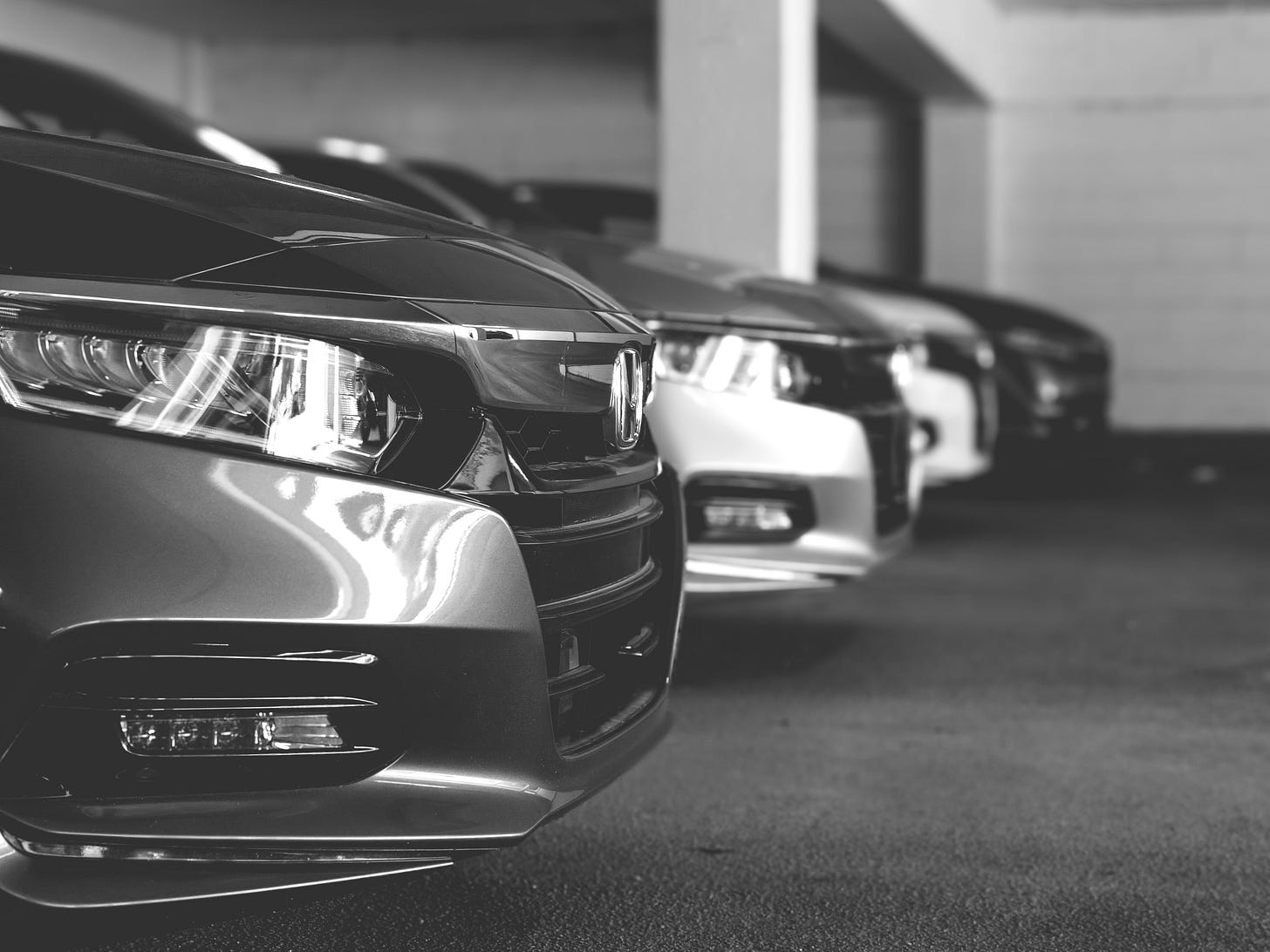
Over the last decade, vehicle prices have surged significantly. In recent years, the average price of new cars soared to nearly $47,100, marking a notable increase particularly in the past three years. Between 2019 and 2023, inflation data showed a steep increase in new car prices from $105,517 to $129,142, representing an over 22% hike within this period. Used car prices also leaped, with a 40.5% surge noted from January 2021 to January 2022.
The acceleration in car prices has been partially attributed to the ongoing inflationary trends, affecting not only the auto industry but many other consumer sectors as well. Interestingly, there's a forecasted price decline by around 10% for used cars and 2.5% to 5% for new cars in 2023, as the production of new cars improves and eases the demand for used vehicles.
The financial stretch to afford these elevated vehicle prices is evident. In 2019, the average amount financed for a new vehicle stood at $32,928, and to afford a new car priced at an average of $49,388, a substantial salary is required, depending on the state you reside in. There's even a stipulation known as the "50% Salary Rule," suggesting that the price of a car should not exceed half of one's annual gross income.
Looking ahead, the automotive landscape is set to morph significantly, driven by evolving consumer preferences and technological advancements. The demand for Electric Vehicles (EVs) is skyrocketing, ushering in a new era of clean, connected mobility. The allure of EVs is not only their environmental friendliness but also the long-term cost savings they offer over traditional gasoline vehicles.
Furthermore, the advent of autonomous vehicles is reshaping the industry, with forecasts predicting a revenue generation of $300 to $400 billion by 2035 from autonomous driving alone. Younger generations are exhibiting a diminishing interest in car ownership, propelled by the burgeoning options in car-sharing and ride-sharing services, as well as the allure of autonomous and electric ride-shares which are projected to be significantly cheaper on a per-mile basis than owning a new car.
The unfolding trends depict a future where the traditional concept of vehicle ownership might be overshadowed by more economical and environmentally friendly alternatives. The transition towards these alternatives, however, hinges largely on the pace of technological innovation, regulatory frameworks, and the readiness of the infrastructure to support such a transformative shift. This transition could potentially alleviate the financial burden posed by the soaring vehicle prices, rendering mobility more accessible and sustainable for the upcoming generations.




I'm pretty sure we'll see a nearish future where car ownership is a luxury, and where everyone just hails a car whenever they need to go anywhere, and that car arrives within a minute or two. Imagine repurposing all the cars on the road so that they're optimized, and we can get an idea of how wildly successful this could be. It'll be a nasty political slough, though.
Im honestly curious if well see it in the next 10-15 years. I can see some buy back method to get everyone to turn them in. Then like you said repurposing all those to be autonomous and electric. That would be a sight to see forsure! Imagine that sole Politician with this notion. Enacting it. Would possibly be look at like a prophet in later years if they manage to alter the state of the world to a better outcome global for everyone!
Awesome take Andrew got my mind racing haha